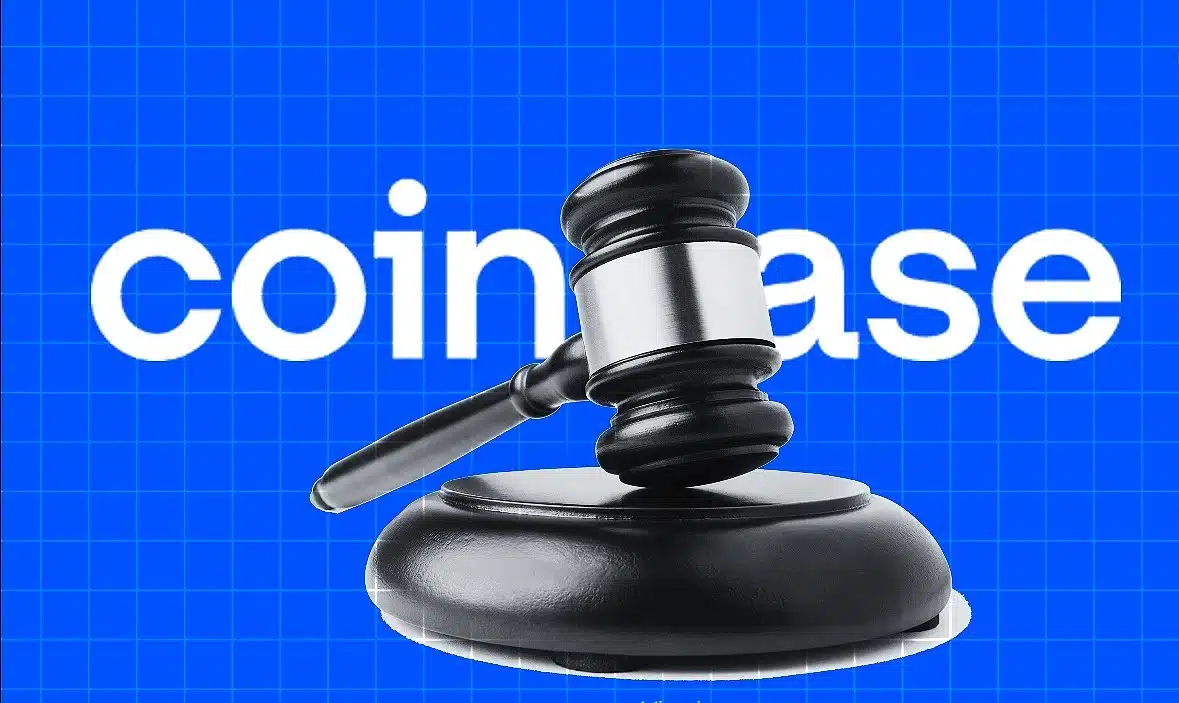A newly filed lawsuit by the Oregon Attorney General against Coinbase has drawn sharp criticism after it listed XRP as an unregistered security. Legal experts and industry observers have flagged the filing as flawed, particularly because it fails to acknowledge that Coinbase had delisted XRP for nearly three years.
According to the complaint, the state alleges that Coinbase made several crypto assets, including XRP, available for trading as securities through its main exchange and Prime platform. Notably, the legal action was served shortly before Coinbase activated XRP futures trading on its CFTC-regulated derivatives platform.
Bill Morgan, who stands as both XRP advocate and prominent lawyer, described the complaint as nothing less than “dystopian nonsense.” According to him, Coinbase eliminated XRP trading capabilities on all platforms exactly when the U.S. Securities and Exchange Commission pursued legal action against Ripple in December 2020.
Morgan cited that Coinbase only re-introduced XRP trading on its platform after Judge Analisa Torres made a ruling in July 2023 that XRP functions as an independent asset on secondary markets, and is not classified as securities.
Also Read: Paul Atkins Sworn In as SEC Chair, Crypto Market Braces for Big Changes
The Oregon lawsuit omitted to mention the time frames and the judicial determination from the federal court. The documentation treated XRP as if it remained constantly available for trading through the disputed timeframe at Coinbase.
Experts maintain that the complaint lacks factual accuracy since omitting this vital point renders it unconvincing.
Timing of Complaint Raises Regulatory Concerns
The legal filing coincides with Coinbase’s move to offer XRP futures contracts, a product regulated by the Commodity Futures Trading Commission. These contracts provide both institutional and retail traders with exposure to XRP in a regulated environment.
The launch has been seen as a significant milestone for XRP’s presence in U.S. markets. A state-level lawsuit develops a position that conflicts with the stance of the CFTC, thereby producing regulatory conflicts about digital asset classification between U.S. regulatory bodies.
One governmental agency allows futures trading contracts for XRP, but another authority contends that XRP trading violates securities laws. The conflicting regulatory frameworks maintain regulatory confusion throughout platforms that deal with both state and federal jurisdictions.
The legal complaint cites prominent tokens, including ADA, MATIC, and SOL, among other assets, which exist on multiple trading platforms. Analysis of XRP’s inclusion into the lawsuit has become a major point of discussion among legal experts because of XRP’s legal background and Coinbase’s past withdrawal actions.
Conclusion
Coinbase’s legal battle with the Oregon Attorney General has reignited debates surrounding the regulation and classification of digital assets across U.S. jurisdictions. XRP appears in the complaint against Oregon even though it faces court decisions in its favor.
This demonstrates fundamental differences between enforcement approaches. The industry faces continuous challenges to its development path because XRP futures now operate under the oversight of the CFTC.
Also Read: Oregon Sues Coinbase in Shocking Move That Could Shake Up Crypto Trading
